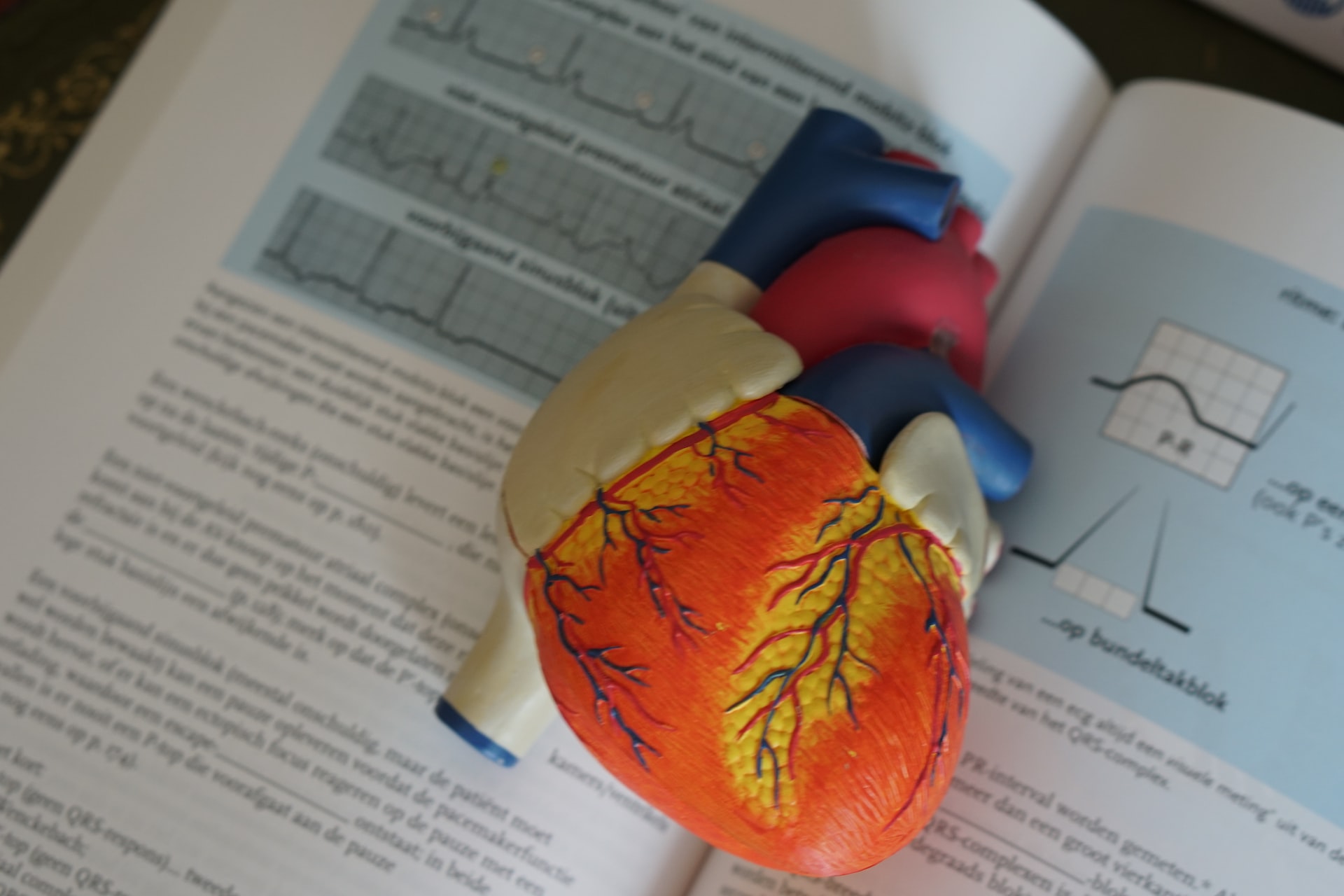Worldwide heart disease affects millions of people and is one of the major causes of death. Although cardiac disease has been successfully treated by modern therapy, many people are turning to alternative medicine, such as ayurvedic medicine for heart, for a more natural approach to treatment. It is highly effective and is a non-invasive heart treatment!
Ayurvedic medicine is a holistic approach to healing that stems from ancient India. It focuses on treating the root cause of a problem rather than its symptoms. For example, if you have heart disease and are taking medication for high blood pressure or high cholesterol, the goal is to lower those levels and treat the underlying cause of your heart disease.
Understanding Ayurveda:
Indian traditional medicine, or Ayurveda, has been practiced for thousands of years. Its foundation is the idea that the human body, mind, and soul are all interrelated and that a balance between these three elements is essential for good health. Ayurveda uses natural remedies, such as herbs, diet, and lifestyle changes, to achieve this balance and promote good health.
Balancing the Doshas:
In Ayurveda, it is believed that heart disease is caused by an imbalance of the three doshas: vata, pitta, and kapha. Balancing these doshas is essential for curing heart disease.
For example, if you have a vata imbalance, you may need to reduce stress and increase physical activity to bring balance to your body. If you have a pitta imbalance, you may need to reduce spicy and sour foods and increase your intake of sweet and bitter foods to bring balance to your body.
Herbs and Supplements:
Ayurveda uses herbs and supplements to treat heart disease. For example, turmeric, ginger, and garlic are all known to have heart-protective effects and can be used to treat heart disease.
According to ayurvedic medicine, many of the symptoms of a heart attack indicate an imbalance in the body’s natural energy force known as prana. Ayurvedic practitioners believe this imbalance can be caused by stress, poor diet choices and lack of exercise.
Magnesium, selenium, and omega-3 fatty acids are all supplements that have been shown to be effective in treating heart disease.
Diet and Lifestyle Changes:
Ayurveda also recommends diet and lifestyle changes to help cure heart disease. Additionally, consuming less salt and more fiber can help lower blood pressure and minimize your chance of developing heart disease. A diet rich in lean meats, low-fat dairy products, fresh fruits and vegetables, whole grains, nuts and seeds, and legumes is the most effective method to do this.
Yoga and Meditation:
Yoga and meditation are also important components of Ayurveda that can help cure heart disease. These practices can help to reduce stress, lower blood pressure, and improve heart health. For example, yoga poses, such as the downward dog and the child’s pose, can help to reduce stress and improve circulation. Your blood pressure can also be lowered, and your risk of heart disease decreases by eating less salt and more fiber.
Conclusion:
In conclusion, ayurvedic medicine for heart is a traditional medicine that can help cure heart disease. By balancing the doshas, using herbs and supplements, making diet and lifestyle changes, and practising yoga and meditation, you can improve your heart health and reduce your risk of heart disease.
It is essential to remember that Ayurveda shouldn’t be used in place of conventional treatment; rather, it should be combined with it. However, incorporating Ayurveda into your healthcare routine can help you to achieve better overall health and well-being.




